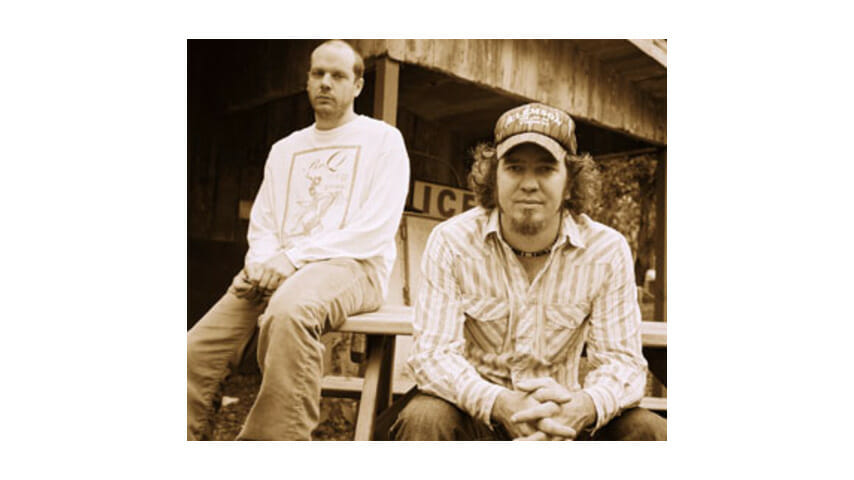Mofro

(Above[L-R]: Mofro’s Daryl Hance and J.J. Grey)
Perhaps the red, white and blue spotlights at St. Louis’s Pageant should’ve served as trickster clues. Or the snide remark of a toasted, aging frat boy nearby, about three songs in: “These are f—in’ country-ass rednecks here!” And few danced.
-

-

-

-

-

-

-

-

-

-

-

-

-

-

-

-

-

-

-

-

-

-

-

-

-

-

-

-

-

-

-

-

-

-

-

-

-

-

-

-








































